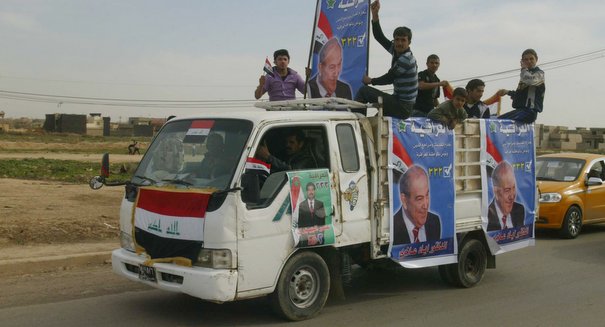On November 8, the Iraqi parliament reached a last-minute compromise to allow parliamentary elections in Kirkuk to go forward in January 2010. Though it solves the immediate problem of who is legally entitled to vote in the city, the deal perpetuates the pattern of postponing difficult decisions on Kirkuk and guarantees that the controversy will resume right after the elections.
According to the compromise, the 2010 elections will be held on the basis of the 2009 voter rolls, which reflect the new reality created by population movements after the overthrow of Saddam Hussein. This is a concession to the Kurds. As a concession to Arabs and Turkmens, who demanded that elections be held on the basis of the 2004 voter rolls, the election law also stipulates that results can be challenged in constituencies where the population has grown by more than 5 percent since 2004. Electoral committee investigations can be triggered by a request by at least 50 members of parliament, approved by simple majority in the entire parliament. The committee will investigate whether population increases reflect genuine demographic changes and internal migrations, or falsified registrations for people who should be voting elsewhere, and other fraud.
[T]he election law is no panacea, and it guarantees a messy post-election aftermath.
The compromise is significant for two reasons:
- It allows elections to be held before January 31, when the mandate of the present parliament expires, thus averting the constitutional crisis that would have resulted had elections not been held earlier.
- It does not openly embed confessionalism in the new election law, as some other proposals did, for example, by apportioning Kirkuk seats among Arabs, Kurds, Turkmens, and other minorities.
Nevertheless, the election law is no panacea, and it guarantees a messy post-election aftermath. As in the past, the problem of Kirkuk has simply been postponed rather than solved.
Nonetheless, other proposals debated by the parliament would have been worse. One alternative, already discussed and rejected before the provincial council elections in 2009, called for Kirkuk’s seats to be apportioned among Arabs, Kurds, Turkmens, and other minorities—an openly confessional solution that would have been very difficult to reverse later. A second suggestion was that of using the 2009 voter rolls, but granting compensatory seats to Arabs and Turkmens, again establishing the inherent right of groups to a certain level of representation, and embedding confessionalism in the law. A third suggestion, that of using the 2004 rolls, was the most destructive, establishing not only a precedent that specific population groups had an inherent right to control certain areas, but also completely denying freedom of movement, a fundamental right of citizens in a democratic system.





